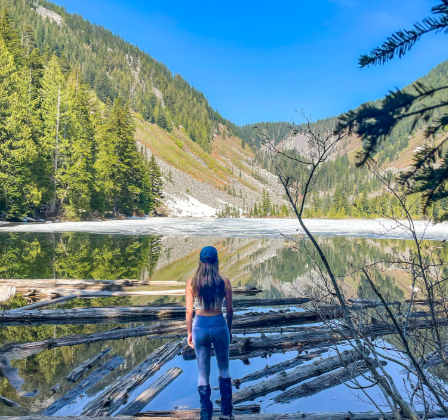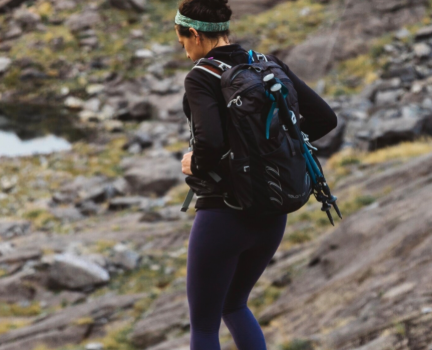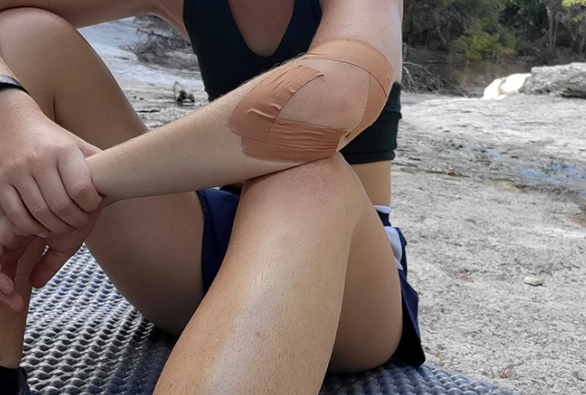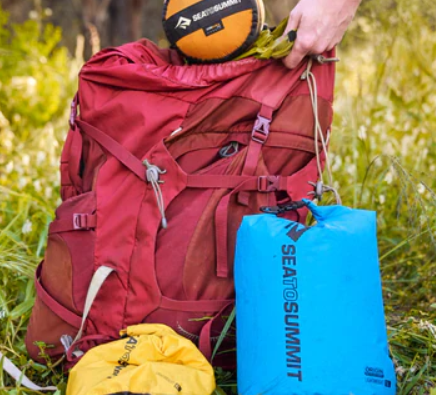
If you’re new to hiking, having the right gear is crucial to ensuring a comfortable and safe experience. Whether you’re just getting started or upgrading your setup, the right equipment can make all the difference in your outdoor adventures. Over the years, I’ve learned which gear is truly necessary and which items are just nice to have. This guide will walk you through the essentials that every beginner hiker should consider, and I’ll share my personal recommendations for each item.
1. Backpacks: The Foundation of Your Hiking Gear
A good hiking backpack is essential for carrying all the necessary items you need for a hike—water, snacks, a jacket, and other essentials. When choosing a pack, there are a few key things to consider:
- Capacity: Backpacks are measured in liters. For day hikes, you’ll typically need a pack that ranges from 18 to 28 liters. If you plan to carry a camera or extra layers, lean towards the larger end of the spectrum.
- Hydration: Some backpacks are designed to fit a water reservoir (often called a hydration pack). This is great for sipping water without needing to stop and pull out a bottle.
- Comfort: Look for packs with padded hip belts to help distribute the weight. This will take pressure off your shoulders and make the hike more comfortable, especially on long climbs.
Recommended Backpacks:
- REI Flash 22 ($60): Lightweight, affordable, and simple. It’s spacious enough for a full day’s hike, with handy pockets for small items like snacks and phones.
- Osprey Tempest 22 ($160): Durable, with excellent organization and support, making it a solid choice for more serious hikes.
- Cotopaxi Batac 24L Del Dia ($85): Fun and functional, though less supportive than others, it’s perfect if you want something stylish and unique.
2. Hiking Boots: Your Key to Comfort and Stability
While running shoes might be fine for easy, short hikes, hiking boots are a must for tackling uneven terrain and rough trails. When shopping for boots, consider these factors:
- Ankle Support: Low-ankle boots are light and perfect for casual hikes. For more challenging trails, opt for high-ankle boots for extra support.
- Comfort: Make sure the boots fit snugly but comfortably. You should be able to slide a finger behind your heel when they’re unlaced, and your toes should have room to wiggle.
- Water Resistance: Leather and Gore-Tex are great for keeping water out, while synthetic materials are lighter but less durable.
Recommended Hiking Boots:
- Danner Mountain 600 ($230): Sturdy, supportive, and comfortable, these boots are great for all types of hiking, with excellent water resistance.
- Altra Lone Peak Trail Runner ($140): Lightweight and breathable, perfect for day hikes and those with wide feet.
- Salomon Speedcross 6 Gore-Tex ($165): Great for long-distance treks with excellent traction and comfort.
3. Hiking Poles: Stability and Support on Tough Terrain
For hikes with uneven ground, steep inclines, or snowy conditions, hiking poles can make a world of difference. They help reduce the strain on your knees and offer stability, especially on downhill sections.
Recommended Hiking Poles:
- Black Diamond Trail Ergo Cork Poles ($170): These poles are durable and comfortable, with ergonomic cork handles that help manage sweat.
- REI Trailmade Trekking Poles ($70): A budget-friendly option that’s simple and reliable for most hikes.
4. Headlamp: A Must-Have for Safety
Even if you don’t plan on hiking after dark, a headlamp is essential for safety. You never know if you’ll get caught in low light, and a headlamp is much more convenient than a handheld flashlight.
- Light Modes: For beginners, a basic headlamp with adjustable brightness is sufficient. Consider a red light option for low-light conditions.
- Lumens: Headlamps come in a range of brightness, measured in lumens. For most hikes, a lamp with around 300 lumens will do.
- Battery: Rechargeable headlamps are a great option for convenience, but battery-powered ones are also reliable.
Recommended Headlamps:
- Black Diamond Astro 300 ($25): A basic, reliable headlamp that provides 300 lumens and is great for emergency situations.
- Petzl Tikka ($35): A step up with 350 lumens and multiple light settings, perfect for regular use.
- BioLite Dash 450 ($60): The ultimate headlamp with multiple settings, long battery life, and USB charging.
5. First-Aid Kit: Be Prepared for the Unexpected
Accidents can happen on any hike, no matter how prepared you are. A basic first-aid kit is an absolute must. Keep it simple, but make sure it includes essentials like band-aids, alcohol wipes, and blister pads.
Recommended First-Aid Kits:
- Hart Outdoor Day Hike First Aid Kit ($14): Lightweight, compact, and has everything you’ll need for minor injuries.
- Adventure Medical UltraLight Watertight Kit ($34): Waterproof and includes all the basics for any hiking emergency.
- Sol Scout Survival Kit ($39): A bit more comprehensive, with added survival tools like waterproof matches.
6. Safety & Navigation: Stay on Track
Even if you’re hiking on a well-marked trail, it’s always a good idea to bring basic navigation tools. A small compass, whistle, and multi-tool knife are all useful items to keep in your pack.
Recommended Gear:
- Swiss Army Knife: A small, versatile tool that’s handy for all sorts of situations.
- Suunto Compass: A compact, beginner-friendly compass to help you stay oriented.
- Fox 40 Classic Whistle: A simple whistle can be a lifesaver in emergencies.
7. Water & Snacks: Stay Hydrated and Energized
Water is essential, and you’ll need more than you think on a hike. I prefer a hydration reservoir for easy sipping while on the move, but a classic water bottle works just as well. For longer hikes, consider packing a Nalgene bottle as a backup.
When it comes to snacks, high-protein, energy-dense options are ideal. Keep it simple with trail mix, protein bars, nuts, or fruit.
Recommended Water & Snacks:
- NUUN Electrolyte Tablets: Add them to your water for a hydration boost.
- Clif Builder’s Protein Bars: A great snack for sustained energy on the trail.
- GU Energy Gel: A quick energy boost during long hikes.
8. Bonus Gear: Extras for Comfort
These aren’t essentials, but they’re nice to have:
- Small Doggy Bags: For packing out trash or picking up litter along the trail.
- Journal: Keep a hiking journal with a Rite in the Rain notebook for notes and sketches.
- Z Seat: A portable, foam cushion that makes breaks a lot more comfortable.
With these essentials in your pack, you’re all set for your next hiking adventure. Whether you’re hitting the trails for a short day hike or planning a longer trek, the right gear will make the experience more enjoyable and safer. Happy hiking!








